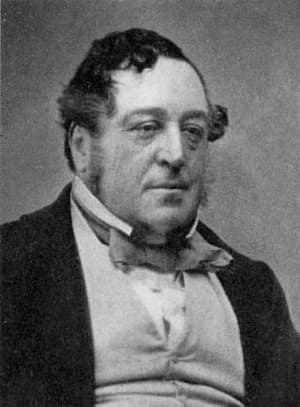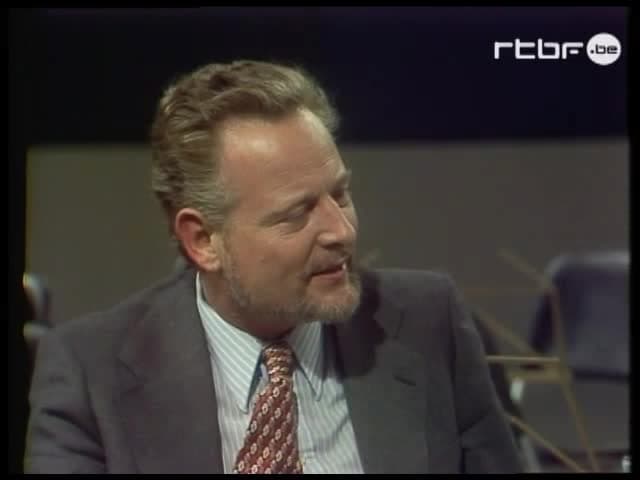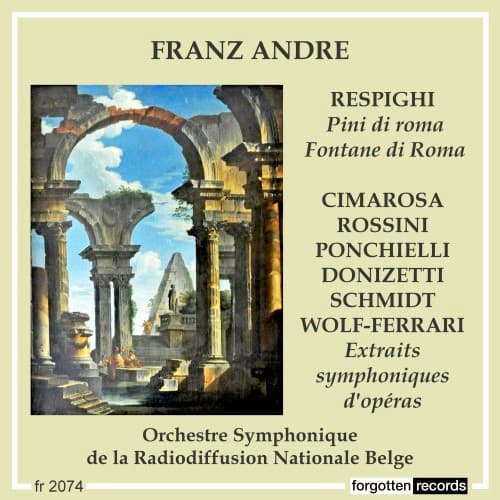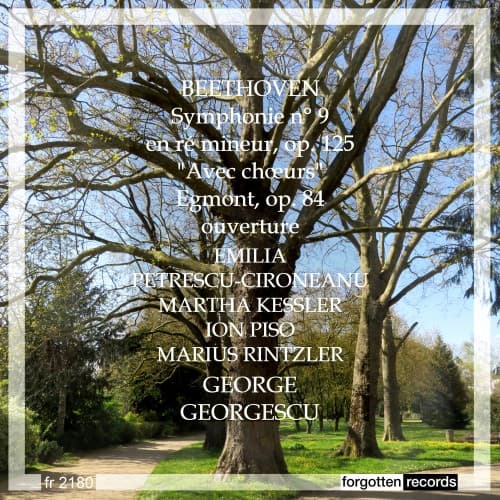The legend of the Swiss hero William Tell was the basis for Giaochino Rossini’s 1829 opera, Guillaume Tell, as through the hands of a play by Friedrich Schiller, Wilhelm Tell, and a libretto by Victor-Joseph Étienne de Jouy and L. F. Bis. The opera was Rossini’s last opera, although he lived for nearly another 40 years.

Giaochino Rossini, ca. 1850
We think we know the overture from its appearance on countless radio and television shows and in films (such as The Lone Ranger for all of those), is actually only the finale. The Overture itself is in four parts and was intended to set the scene for the opera by depicting life in the Swiss Alps.

William Tell
It opens at Dawn, played by 5 solo cellos with double basses. A solo cello melody is answered by the other cellos and the double basses. An ominous timpani roll warns of an imminent storm, which arrives quite quickly.
Unlike Dawn in the lower strings, the Storm is for full orchestra, starting with the upper strings, with interruptions by the woodwinds in descending pitch order: piccolo, flute and oboe, clarinets, and finally bassoons. Once the brass enters, we’re in full storm mode. The winds blow, the rain comes down in bursts, the timpani thunders, and, as the storm subsides, the instruments fall away, to leave only a solo flute.
Next, we’re up in the meadows, with the Ranz des Vaches (Call to the Cows). The cor anglais solo here is familiar from any number of Bugs Bunny cartoons, generally signalling a bucolic setting or the morning. The melody is a traditional one in the Swiss Alps and was said to cause immediate homesickness in any Swiss traveller who heard it.
The final section formally called the March of the Swiss Soldiers, is the most familiar section of the Overture. Although frequently used in film and television to depict horses or a cavalry charge, in the opera, there are no such mounted troops. This is the dance called the galop (short for the original ‘galoppade’), a quick and lively dance that was introduced to Paris in the same decade as this opera: the 1820s. This same finale was picked up by Johann Strauss Sr and quoted in his William Tell Galop, Op.29b, which hit the dance floors in November 1829 and was an immediate success.
Giaochino Rossini: Guillaume Tell Overture

Franz André
This recording was made in 1959, with Franz André leading the Orchestre Symphonique De La Radiodiffusion Nationale Belge. The orchestra was founded in 1931 by Franz André (1893-1975). André studied violin at the Brussel Conservatory before studying composition and conducting with Felix Weingartner in Berlin. In 1923, he joined the First Orchestra of Belgian Radio as a violinist before taking up the baton. His career was spent largely in Belgium and was the official conductor of the Queen Elizabeth International Music Competition in Brussels from 1951 to 1964. As a conductor, he encouraged Belgian composers, including Koechlin. He also gave the European premiere of Bartók’s Concerto for Orchestra.

Performed by
Franz André
Orchestre Symphonique de la Radiodiffusion Nationale Belge
Recorded in 1959
Official Website
For more of the best in classical music, sign up to our E-Newsletter

